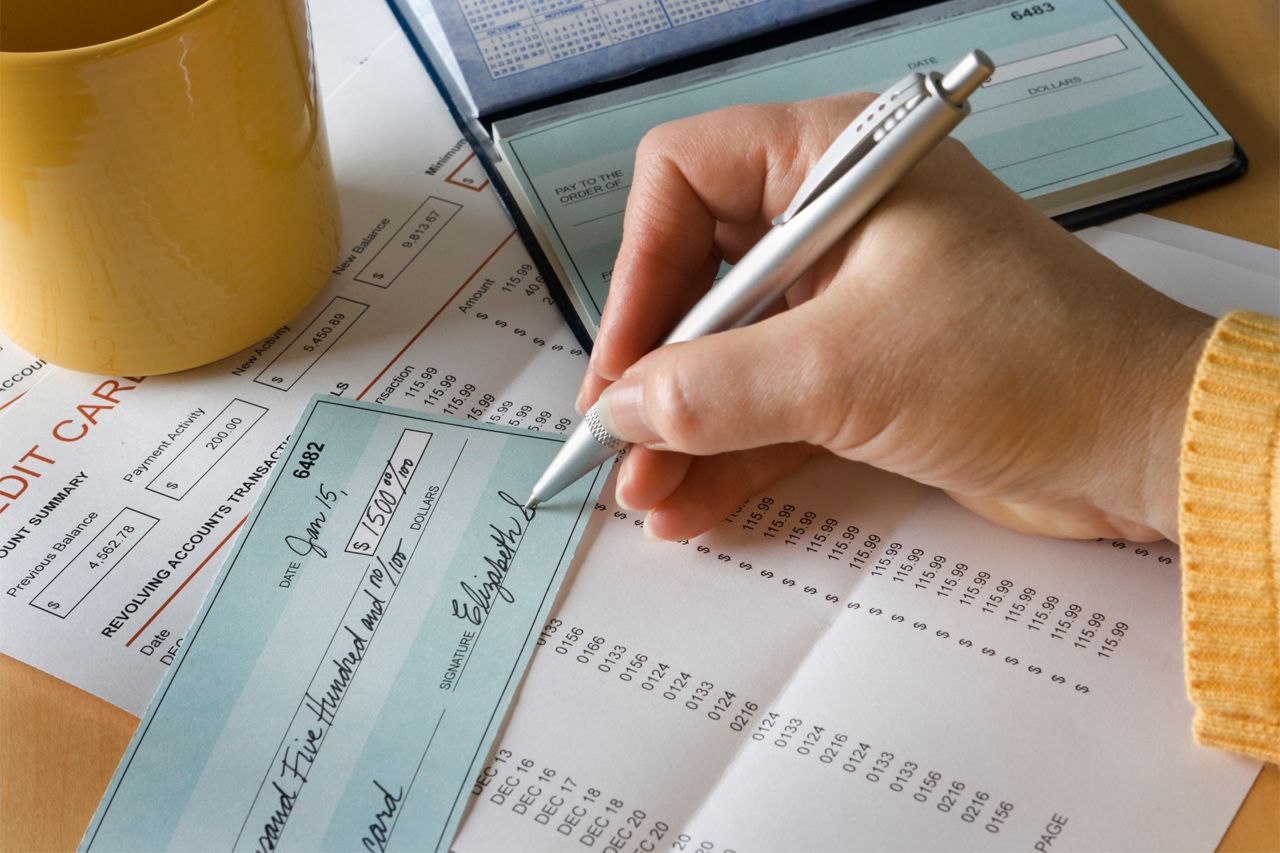Bounced checks are everyone’s worst financial nightmare, but it happens to even the most diligent bookkeepers. A bounced check is sure to cause a few headaches, but it can also result in fees and, worst case, criminal charges. Understand the impact a bounced check can have on you and how to minimize future issues.
What is a Bounced Check
A returned check, generally referred to as a bounced check, is a check which cannot be processed or cashed because the account does not have enough funds to cover the full amount of the check. The financial institution cannot honor the check and “bounces” it back to the account holder.
What is the Impact of a Bounced Check
A bounced check can have serious financial consequences. Banks and merchants will hit the check writer with a slew of fees, and their bank could close their account, hindering their ability to establish other bank accounts in the future. Writing checks without the money to back them can also lead to legal action from the payee or creditor.
Will the Bank Try to Process a Bounced Check Again
Maybe. The recipient may or may not resubmit the check, but no laws limit the number of times they can resubmit it. Overdraft and NSF fees can be assessed each time the check is redeposited and bounced. Deposit money to your checking account quickly to cover the check in case it is processed again.
Can a Returned Check Be Deposited Again
Yes, a returned check can typically be redeposited, but it depends on the reason for the initial return. If the check bounced due to insufficient funds, you may redeposit it after confirming the funds are available. However, redepositing will not resolve the issue if the check was returned due to a closed account or a stop payment order.
What to Do When a Check is Returned
- Contact the Issuer: Immediately notify the person or business that issued the check.
- Verify Funds: Ensure the issuer’s account has sufficient funds before redepositing.
- Bank Fees: Banks may charge fees for returned checks.
How to Prevent Returned Checks
Request Certified Checks
This ensures funds are available.
Set Up Withdrawal Alerts
Monitor your account to avoid overdrafts.
Consider Electronic Payments
Use reliable electronic payment methods to reduce the risk of bounced checks.
What Are Bounced Check Fees
Your financial institution may charge you a returned or bounced check fee, formally referred to as a non-sufficient fund (NSF) fee, and decline the transaction. On the other hand, they could approve the transaction if you have overdraft protection but will charge you overdraft fees. The bank may add extended overdraft fees if your account balance remains negative. Bank fees can total $50 or more per bounced check. TDECU has a fee on the lower end, at $32.
Merchants, service or utility companies, and landlords may also add a processing fee.
Why Did My Bank Close My Checking Account
If you routinely bounce checks, credit unions and banks could close your checking account and report it to ChexSystems, a consumer reporting agency. Banks assess your risk as a bank customer based on this information which can impact your ability to open a new bank account.
Can A Store Decline My Checks
If you previously bounced a check at a store, they will likely decline your checks in the future and request a different form of payment. Many stores use TeleCheck’s verification system to check for a history of returned checks. If yours is in the system, the merchant will decline your check.
Will I Be Arrested for a Bounced Check
Your reputation may be marred if you have defaulted on personal checks you have written to friends and family. Still, you will probably not be arrested unless you repeatedly and blatantly try to cash or write bad checks. The recipient may take you to small claims court for the check amount.
Will A Bounced Check Impact My Credit Score
No, a bounced check will not directly impact your credit score. Credit bureaus do not track bounced checks. However, there are indirect ways a bounced check could affect your financial standing. The best way to protect yourself against all the headaches caused by a “rubber check” is to prevent it from bouncing in the first place.
- Use a cashier’s check or money order purchased with cash for guaranteed acceptance.
- Pay for items with a prepaid debit card, requiring no need for a bank account or credit check.
- Issue a stop payment on the check until you can cover the total amount.
- Sign up for overdraft protection services using a line of credit, savings account, or your credit union’s branded overdraft protection.
TDECU Protects Against Unexpected Overdrafts
TDECU provides various options to cover your transactions if you have insufficient funds in your checking account. Contact us today to learn more about our overdraft protection services, savings accounts, and credit cards.
